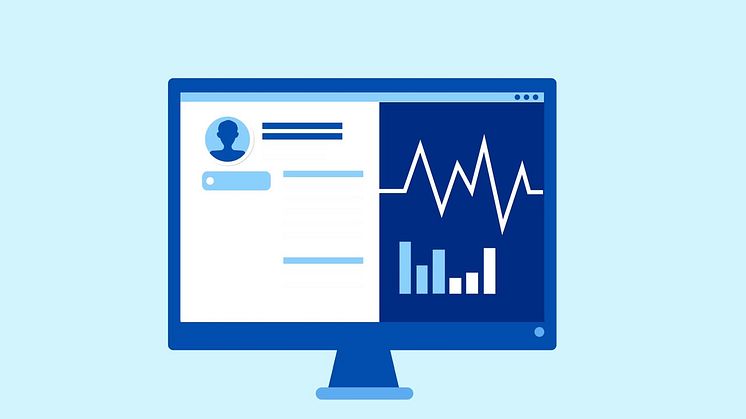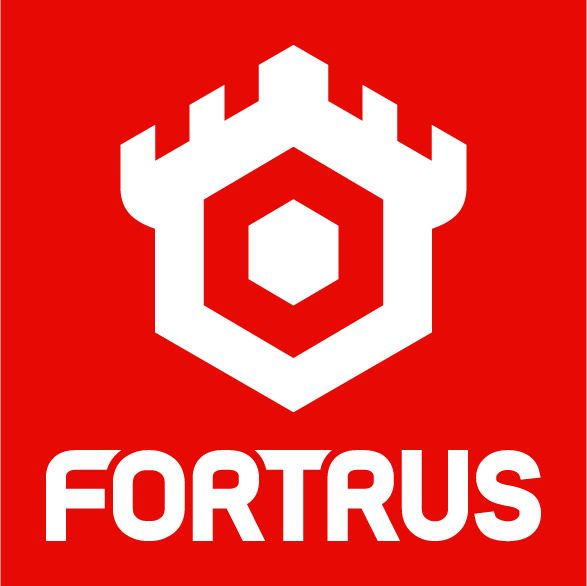News -
'The Royal is ready for paper free'
NHS England has committed to making patient facing digital services a requirement by 2020.
The Personalised Health Care 2020 framework was introduced as a set of requirements, proposals and case studies intended to ensure the delivery of digital health and care information. The framework paper makes this a requirement rather than an aspiration. It states that all patient and care records will be digital, real-time and interoperable by 2020. All NHS clinicians giving this patient care will need to be accessing paperless records by 2018. It states by March 2018 all individuals will be able to view their care records online and that by 2020 they will be able to write in those records comments and preferences through routes including NHS online.
Paperless ahead of schedule?
With the development of the new Royal Liverpool University Hospital well under way, the trust has set a slightly more challenging target date of 2017 for paperless working, ahead of the government’s 2018 target. There will be no facilities to store health records in the new state of the art, digital hospital which has been designed to operate within a paperless environment so it is imperative that processes are put in place now to support this way of working.
Fortrus Ltd are working in Partnership with Royal Liverpool and Broadgreen University Hospital NHS Trust, to provide the trust and the citizens of Liverpool with a Paper Free Health Record (PFHR) solution.
The scope of the project was to develop a bespoke Paper Free Health Record that would be an organic EPR replacing and/or rationalising existing legacy systems. This is all being provided by Fortrus under a fully managed service agreement that includes 14+ other suppliers, it is also implemented with the view of being a Liverpool wide integration, engaging clinicians, non-clinical users, and external organisations who require access to the PFHR.
Fortrus has developed the bespoke software application specifically for the trust - The Royal Paper Free Health Record (PFHR). The PFHR will enable clinicians to access digital medical records that consist of structured and unstructured data. The trust currently hold hundreds of thousands of paper medical records and many thousands of paper forms. The scope of the project will enable the trust to transition from paper-based working methods to digital ways of working in line with the target date and well in advance of the move to the new Royal.
Key to the success of this programme is the resultant user experience, put simply; the user’s experience must be intuitive, and easy to understand. Fortrus engage users through a research and development approach whereby user research is conducted at the point of care. Inefficient processes will be identified and innovation used to design the software in such a way as to improve the user’s access to information as well as their ability to record information about a patient.
Peter Khalil - Fortrus Programme Director at RLBUHT commented, “Over the past eight months the Fortrus team have worked with our partners in the PFHR project team to establish and deliver the ambitious Phase 1 of digitising Legacy patient records and establishing suitable business and technological processes for handling ‘day-forward’ patients notes though electronic noting, e-forms and day forward paper scanning.
"This is the culmination of strong collaboration, that has brought together several workstreams and suppliers. We have worked through some complex challenges as one team to support the design and implementation of a bespoke medical records viewing platform – Unity, for the trust. Now that we have achieved phase 1, we will continue on to the next stages of this project which include integrating other systems so that information is brought together and made available within Unity, whilst also focusing on the use of technology to allow users to quickly find the information they need in their day forward records within Unity."
He concluded: "By working closely with the PFHR team and other colleagues at the trust we have demonstrated the successes that can be achieved in a short timescale regardless of the complexity of the project.”
Positive outcomes delivered by range of technology
This Research and Development approach has not stopped now the PFHR system has been implemented and gone live across the trust, it is a continual process that enables the PFHR to evolve over time and constantly meet the needs of future changes, whether that be NHS compliance regulation changes, or to meet the needs of the business drivers for the trust and its clinicians.
The managed service PFHR is not only a software application; it is also a multitude of technologies and services brought together by Fortrus to deliver an outcome.
There has obviously been some challenges faced throughout the process, some of which are typical of such managed programs and those that always need to be considered when digitising patient records. It is essential that an effective scanning strategy was developed and implemented at the outset of the project, all clinical (paper) processes had to be reviewed and clinical engagement was an integral and ongoing process throughout all phases of the project development and implementation. Key to the success of the project was also the willingness of third party suppliers to integrate and the information exchange included a number of suppliers including Documentum EDM and VNA and Ephesoft indexing to name just a few.
A learning process
There have been many lessons learnt throughout the project to date and no doubt there will be many more, Fortrus and the project team at the trust had to reassure information owners of the benefits that would be realised and convince other stakeholders that sharing would be of benefit, whilst also understanding access paths to simultaneous records by multiple clinicians.
Becoming paper free involves huge organisational change, it involves bringing new technologies together alongside new ways of working to meet a defined strategic outcome that delivers a wide range of benefits; including improved patient safety and experience through an increased quality of patient data, whilst also allowing real time clinical data capture to support clinical improvement, especially by the reduction of duplicate data collections and increased support enabling collaborative working between clinicians.
Through implementing the PFHR a patients' information will be available almost instantaneously. This is surely a positive thing, not only in enhancing patient care and their experience, but also improving staff working lives by cutting down on paperwork, and drudging through paper files as the exact document can intuitively be searched in just a few clicks.
Increasing efficiency by going paperless
There will be no more waiting for paper files to arrive when patients are admitted or transferred to a ward, or from a records department.
No more waiting on information from other teams or departments. Staff can simply log onto the system and with a simple search, locate a patient and have an array of knowledge available regardless of their physical location.
No more booking additional appointments because staff are still waiting on certain paperwork to be reviewed, consequently freeing up extra appointments for outpatients.
There is no backwards only forwards, and there are more positives than negatives to be gained from the implementation of the PFHR at the Royal………Paper Free is here.
For further information please contact:
Leigh Baillie - Chief Marketing Officer
Fortrus Ltd
+ 44 7894 517828
Leigh.Baillie@fortrus.com
www.Fortrus.com
Related links
Topics
- Health, Health Care, Pharmaceuticals
Categories
- user experience
- healthcare
- efficiency

